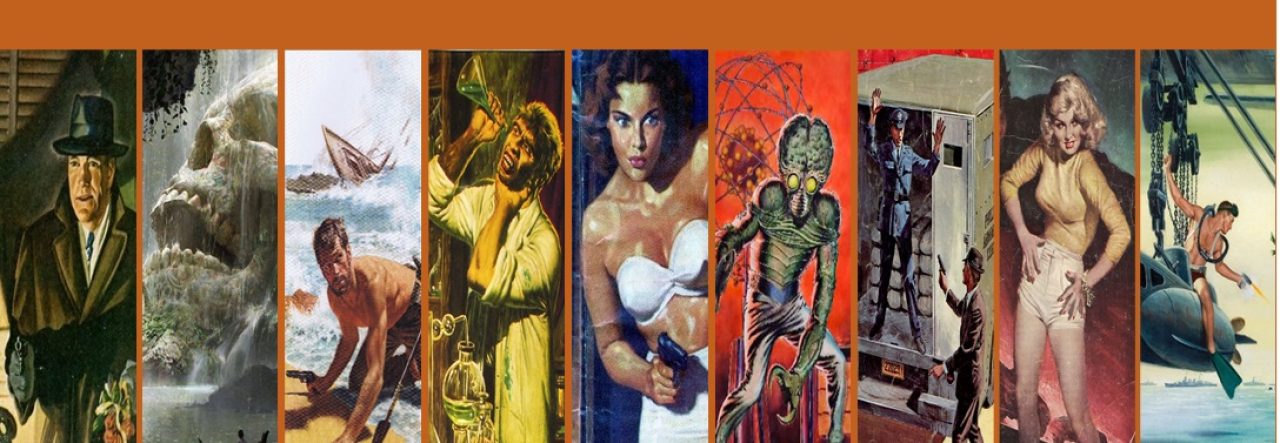Re-reading Junky for the first time in almost forty years, I am struck by something new.
Even if Burroughs had never shifted to his experimental fictional style, he was a highly skilled conventional writer. True, his writing from the beginning was episodic and he never exhibited plotting skills. Nonetheless, his sentences and paragraphs are as admirable as the best creative non-fiction writers. For example, from his section on the vagaries of farming in the Rio Grande valley:
“A premonition of doom hangs over the Valley. You have to make it now before something happens, before the black fly ruins the citrus, before support prices are taken off the cotton, before the flood, the hurricane, the freeze, the long dry spell when there is no water to irrigate, before the Border Patrol shuts off your wetbacks. The threat of disaster is always there, persistent and disquieting as the afternoon wind. The Valley was desert, and it will be desert again. Meanwhile you try to make yours while there is still time.”
Lean, rhythmic, balanced, and precise. And the book contains dozens like it, as well as routines that tip over into the vast outpouring of surrealism to come.
Yage Letters
Funny how Oliver Harris in his introduction tries to “rehabilitate” Burroughs. He claims that the attitudes shift in the letters in accordance with the signatory nom de plumes: racist, right-wing, ugly American attitudes emit from the “persona” Wm. Lee and more politically correct liberalism comes from the real WSB. He even interprets a mention of Wells’ “Country of the Blind” as a coded anti-imperialist message.
It’s all nonsense. Burroughs doesn’t need rehabilitation to make him safe for feminists, racialists, or millennials. He called females an evolutionary mistake. He was repulsed by the filth of the third world and the corrupt governments and ignorant cultures that created it. He was also drawn to that world and for many years preferred it to sanitary American efficiency. He went way off the beaten track and described the people he found there, and if the poor were thieves and the holy men charlatans, it’s not racist to describe them accurately – but it would be racist to say that because they were brown they could not be those things.
He hated the Klan and he also hated unions. He could see the first world’s exploitation of the poor that made them idle and criminal. At the same time, he could condemn their criminality. He was rife with contradictions but could logically defend them all.
And these beliefs run through his letters, essays, interviews, and his fiction, coming from characters and narrators. A PC version of Burroughs simply cannot be extracted from his words. The main reason to read Burroughs is his brilliant inimitable alchemical transformations of language. Secondarily, if you can’t see that part of the joy of Burroughs is that he explores thoughts and feelings few others admit to, then you shouldn’t be reading him.
